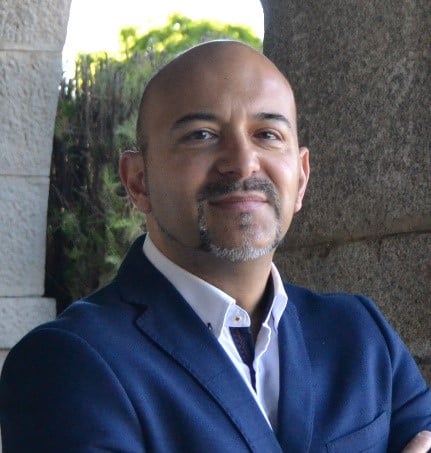Sustainable Development: The Need for Technological Change
A special issue of Sustainability (ISSN 2071-1050).
Deadline for manuscript submissions: closed (31 August 2023) | Viewed by 3855
Special Issue Editor
Interests: technology enhanced learning; virtual learning environments; virtual reality; augmented reality; metallography; material characterization; mechanical properties; mechanical behavior of materials; mechanical testing; materials testing; stress and strain analysis; fracture mechanics; fractography; corrosion science; failure analysis; fatigue; finite element analysis; nuclear energy; energy efficiency
Special Issues, Collections and Topics in MDPI journals
Special Issue Information
Dear Colleagues,
Sustainable development and climate change have gone from being topics to be dealt with superficially at various international summits to real problems on which concrete decisions must be taken in a short period of time. When talking about sustainable development, three fundamental factors are related: (i) the environment; (ii) the economy; and (iii) society. Thus, there must be a balance between these factors so that the system can meet the needs of today's society and those of future generations.
The COVID-19 pandemic in 2020 has significantly accelerated this sustainable transition and the adoption of new and cleaner technologies. At the recent Conference of the Parties (COP26), held in Glasgow at the end of 2021, participating countries set the goal of making the 2020s a decade of climate action and support, committing, among other measures, to drastically reduce greenhouse gas emissions. In addition, the goals of the 2030 Agenda for Sustainable Development require us to accelerate the search for solutions aimed at resolving the main challenges facing humanity in terms of sustainable development.
For this reason, it is necessary to conduct further research into the sustainable transition and the different technologies for electricity generation and transportation that will enable the decarbonization of the system while guaranteeing its sustainability. With this in mind, this Special Issue will accept contributions on the following topics:
- a) Sustainable transition, social sustainability, environmental protection, and economic growth.
- b) Political strategies (international, national, and regional) for the promotion of sustainable transitions.
- c) Sustainable electricity generation technologies: photovoltaic, wind, biomass, nuclear, etc.
- d) New technologies applicable to transportation.
- e) Efficiency of electricity generation or transport systems.
- f) Advances in decarbonization technologies.
- g) Optimization of energy resource management systems.
- h) New trends in energy vectors.
- i) Waste processing and utilization.
Dr. Diego Vergara
Guest Editor
Manuscript Submission Information
Manuscripts should be submitted online at www.mdpi.com by registering and logging in to this website. Once you are registered, click here to go to the submission form. Manuscripts can be submitted until the deadline. All submissions that pass pre-check are peer-reviewed. Accepted papers will be published continuously in the journal (as soon as accepted) and will be listed together on the special issue website. Research articles, review articles as well as short communications are invited. For planned papers, a title and short abstract (about 100 words) can be sent to the Editorial Office for announcement on this website.
Submitted manuscripts should not have been published previously, nor be under consideration for publication elsewhere (except conference proceedings papers). All manuscripts are thoroughly refereed through a single-blind peer-review process. A guide for authors and other relevant information for submission of manuscripts is available on the Instructions for Authors page. Sustainability is an international peer-reviewed open access semimonthly journal published by MDPI.
Please visit the Instructions for Authors page before submitting a manuscript. The Article Processing Charge (APC) for publication in this open access journal is 2400 CHF (Swiss Francs). Submitted papers should be well formatted and use good English. Authors may use MDPI's English editing service prior to publication or during author revisions.
Keywords
- development
- sustainable
- energy efficiency
- technological change
- sustainable transition





